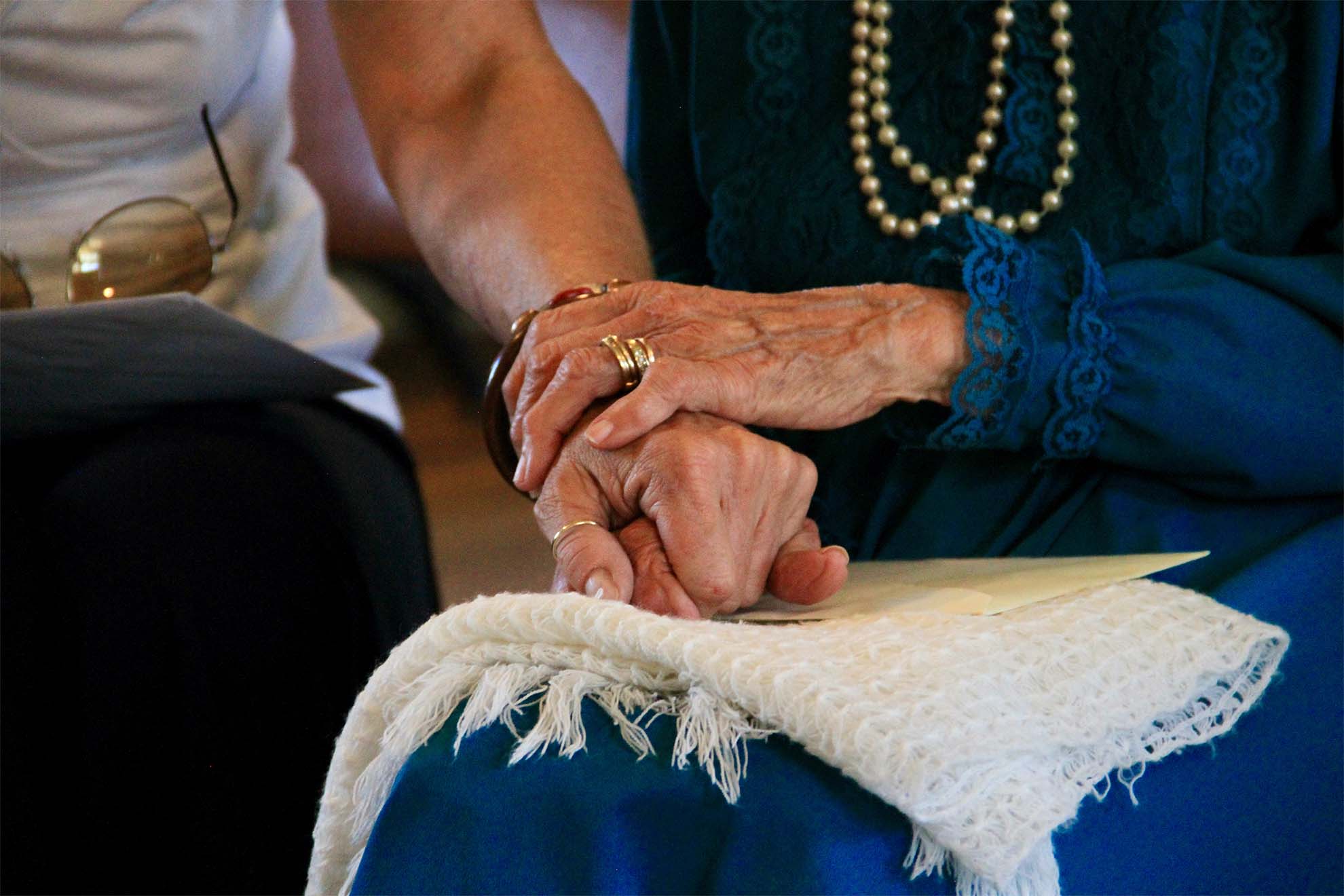When Should Someone With Dementia Go Into A Care Home

Making a decision about someone living with dementia who may need residential care can be emotional and difficult for their loves ones, but understanding everything about a care home and the personal care that is needed for the individual is necessary for this move, making it become more of a confident decision.
Many families want to try and care for their loved ones for as long as possible when they’re still in their own home, especially because it’s a familiar environment. However, as dementia progresses, its most likely that the person with dementia will need more specialised care, particularly because they can no longer live independently.
It can become more clear that people with dementia can no longer be comfortable and safe living alone. For example, they could be struggling with tasks such as cleaning, bathing, dressing and cooking.
Most of the time dementia affects older people, although it can also be accompanied by other physical factors or incidents.
While it can be possible for some loved ones to care for those living with dementia, helping them feel calm when they’re agitated or anxious also comes with some limitations as to how much friends and family can help, especially if their symptoms worsen and their needs become more complicated, they need to be in a safe environment. When caring at home for someone starts becoming unsustainable and too much for their love ones to cope with, it’s a good idea to at least consider professional care options such as care homes.
Who Decides When It’s The Right Time For People With Dementia To Go Into A Care Home?
The ability for anyone living with dementia to make their own decisions about going into a care home can depend on their individual circumstances, decision making and cognitive capacity. Here are some levels:
Full-decision making capacity - Some individuals with early-stages of dementia may still have the ability to make their own informed decisions. Therefore, they can express their feelings and preferences, providing a form of consent.
Partial decision making capacity - This is more within the middle stages of dementia, when the individuals have reduced decision making. Meaning whilst they can contribute to the decision they may not fully understand all the aspects.
Limited decision making capacity - As dementia progresses, those may have limited capacity to make their own decision, especially more complex ones. Therefore, they’ll need to rely on a family member or legal representative to make the decision based off their best interests.
Incapacity - In more advanced stages of dementia, where they may also need medical care, individuals will lack the capacity to make these hard decisions, including where to receive that specialised care. Most of the time, family members, legal guardians or professional care staff will make the decision by prioritising their mental health, wellbeing and safety.
At What Point Do Those Living With Dementia Need 24-Hour Care?
Residential care homes provide round the clock care and for those living with dementia this may become more valuable for them as caring for them at home can become harder. Dementia is the loss of cognitive functions, such as reasoning, remembering and thinking, but this is to such an extent, that it interferes with someones everyday tasks, lifestyle and activities. Dementia can also cause someones behaviour to become difficult and unpredictable, especially for their loved ones. Sometimes those with dementia can make it hard for you to guarantee their safety at all times, so 24 hour care could become essential.
As their symptoms progress, it can be impossible for someone living with dementia to take care of their own physical wellbeing. For example, if someone needs to take regular medication, but due to their dementia, they may forget to take it.
Someone living with dementia may also need 24 hour care in other areas such as getting around, personal hygiene such as getting dressed, going to the bathroom etc and it may not be possible for caregivers to be able to do these things at home. These needs and requirements can happen during the day and night and most of the time it’s not possible for someone to be present 24/7. It could also become too physically challenging affecting their mental capacity for someone else who isn’t professionally trained to be continuously helping their loved one move around.
Benefits Of A Care Home For Those Living With Dementia
If someone living with dementia becomes too difficult to manage, full time professional care can allow them to receive the support they need at any hour of the day. There are many benefits of moving someone with dementia into a care home…
- 24/7 care and supervision to ensure they’re safe, taking medication if needed, along with a personalised care plan, giving families a peace of mind.
- Comfortable and clean surroundings with adaptions for those needed (wheelchair uses, mobility issues)
- Regular, fresh cooked meals to fulfil their nutritional needs
- Qualified staff who understand dementia and how to deal with it, therefore being able to deal with associated behavioural challenges
- Being able to socialise with other residents, making new friends and having activities to join in on
- Being able to spend time with loved ones who can relax whilst visiting
- Specialised activities and opportunities such as music, art therapy, pet therapy, memory exercises as well as physical exercises, alongside emotional support for both residents and their families.



What Should You Consider Before Making A Decision About Moving Someone Into A Care Home?
As mentioned previously, it’s always best to include the person who is living with dementia as much as possible when it comes to the decision of their care and wellbeing. It’s important to look into how capable they are of making their decisions to see if they can make good judgments. It could be beneficial to contact your local authority social services to look into a care assessment and get an outside opinion if needed, hoping you decide on what sort of care your loved one needs. It could also be a good idea to look into getting a financial assessment which can also be done alongside the care needs assessment incase you need additional financial support. If you decide to move a loved one into a residential care home, you want to ensure you choose the right one, where their needs and requirements will be met, ensuring they can have the best quality of life.
Can Someone Living With Dementia Refuse Care?
People with dementia can be reluctant to accepting help at times, or they don’t understand why they might need a higher level of care. This could be down to many different reasons; their condition is affecting their ability to see their situation clearly, they could be forgetting the problems they’ve had, or it could be down to them feeling scared, anxious and ashamed of needing more care and support. You may be able to delve in deeper to identify the feelings your loved one is experiencing, they might be worried about not having any privacy, or worried about medication with unpleasant side effects - it could be anything. However, knowing and understanding these concerns and worries, can put you in a better position enabling you to put specific measure into place, reaching the perfect compromise making everyone feel comfortable and content knowing they’re being cared for in the best place possible.
If you’d like to enquire more about our care home and the dementia care we offer please don’t hesitate to get in touch with us today, our team of friendly professionals are here to help and ease that added stress. We’re also proud to offer residential care, nursing care, respire care and palliative care.






